Photo Essay: The Badjaos of Matina
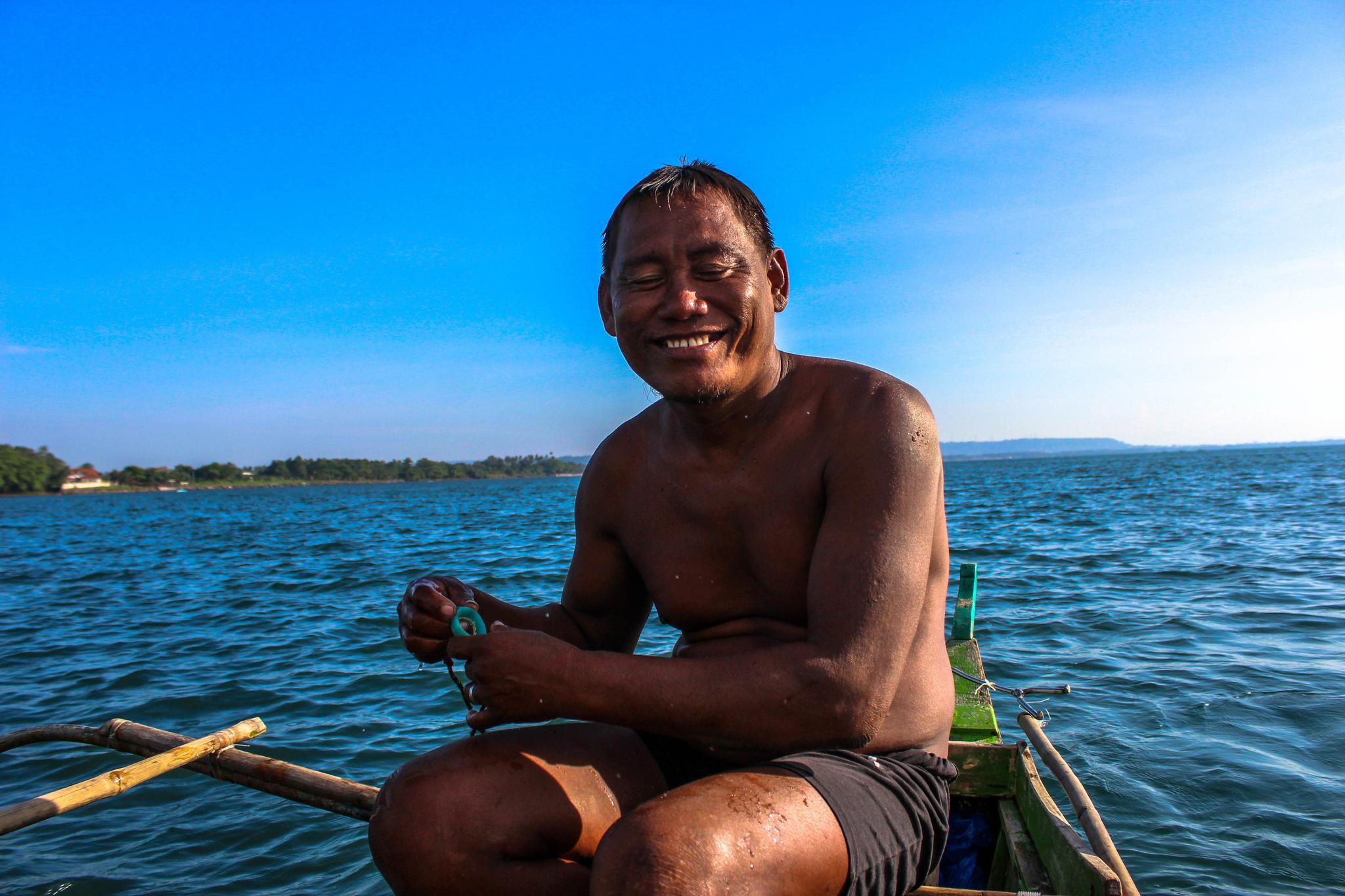
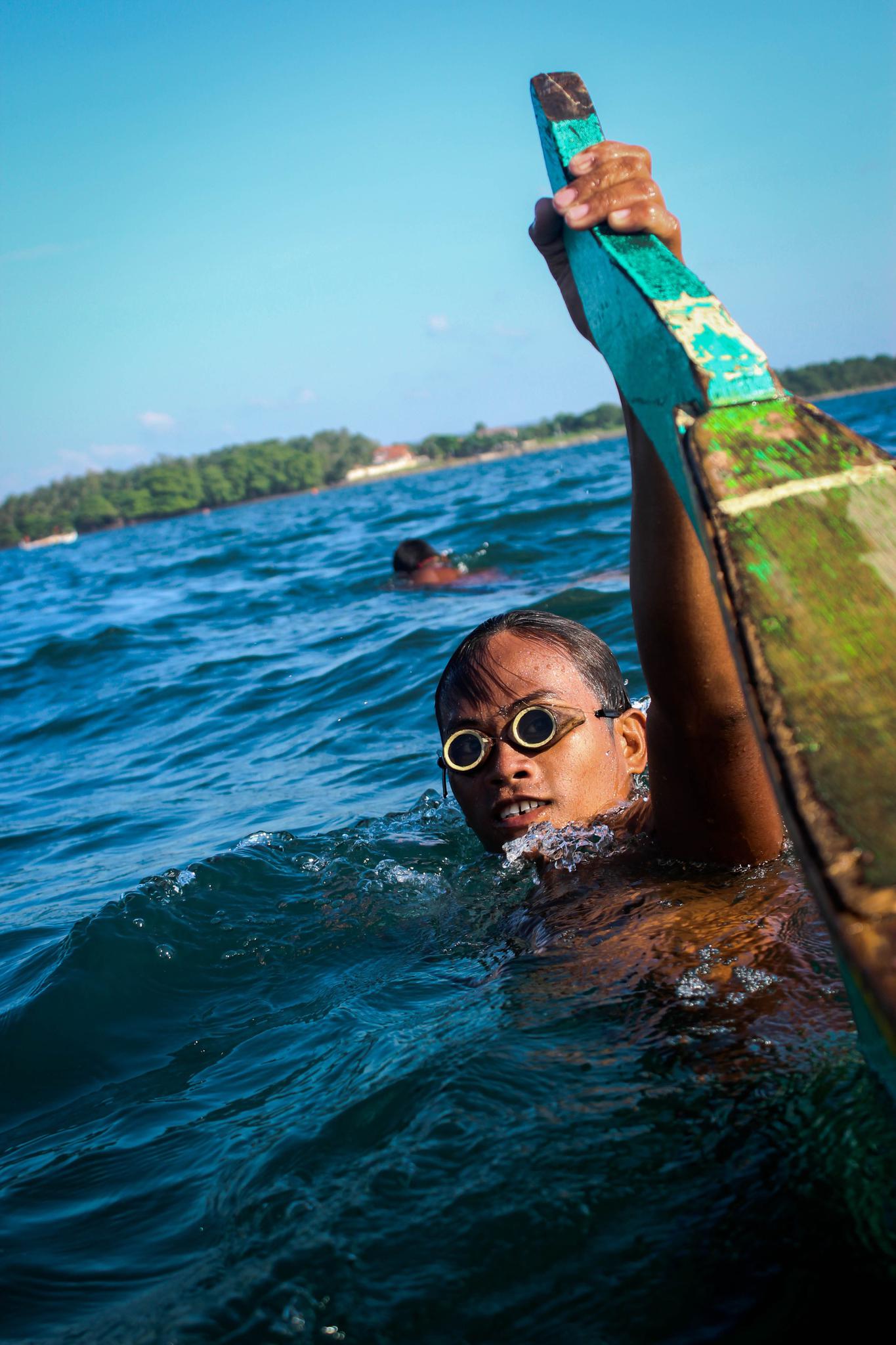
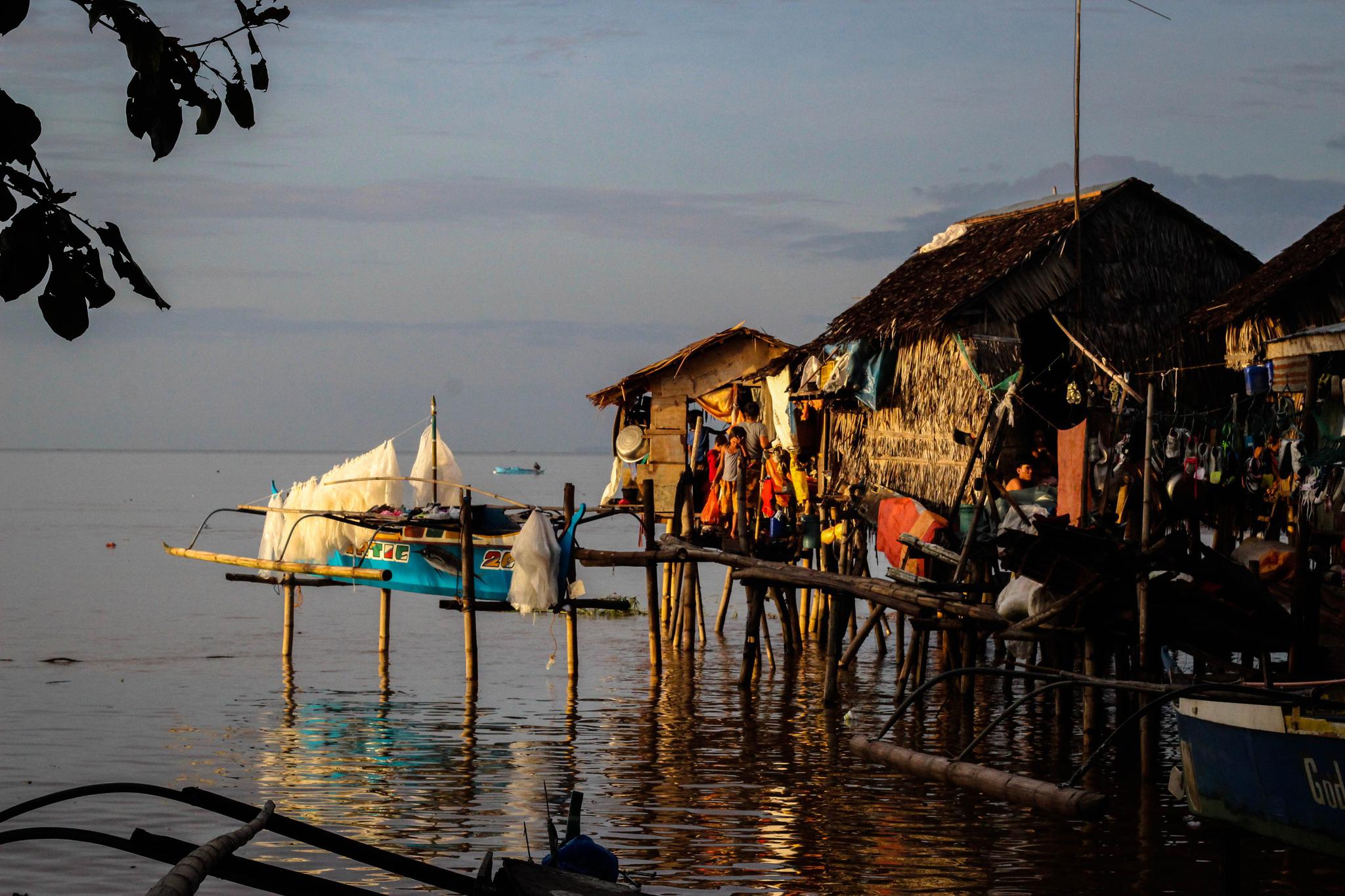
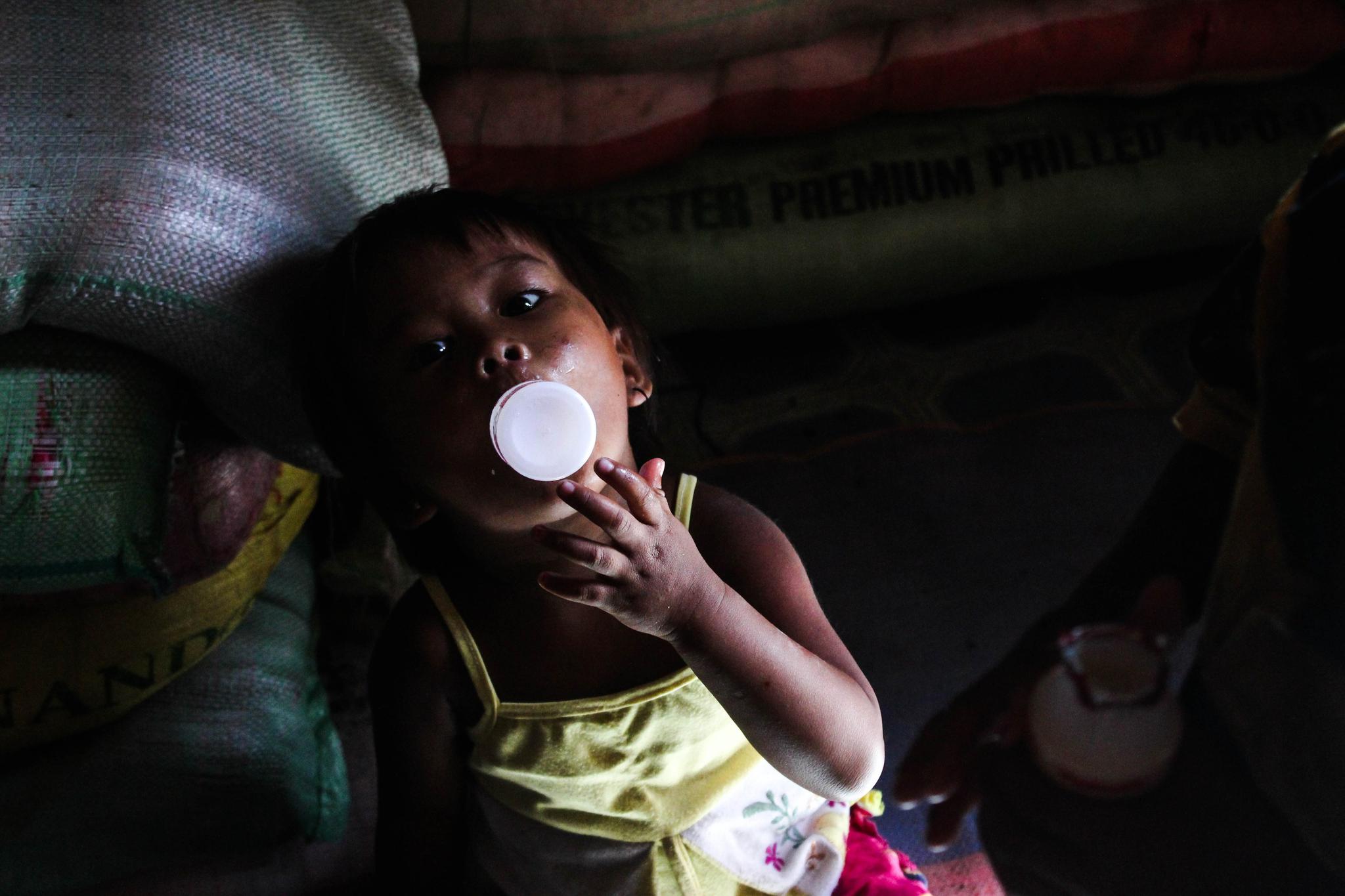
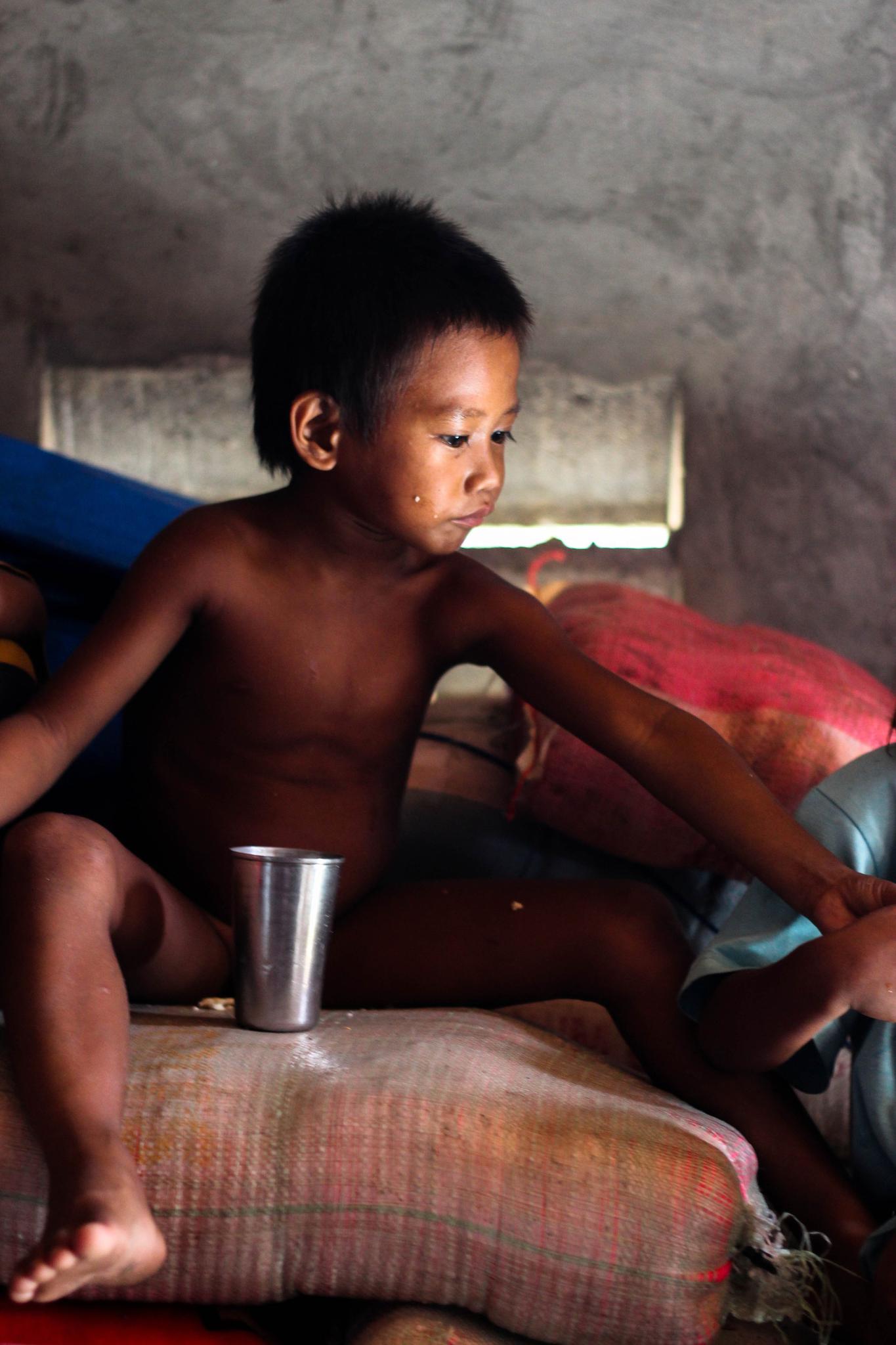
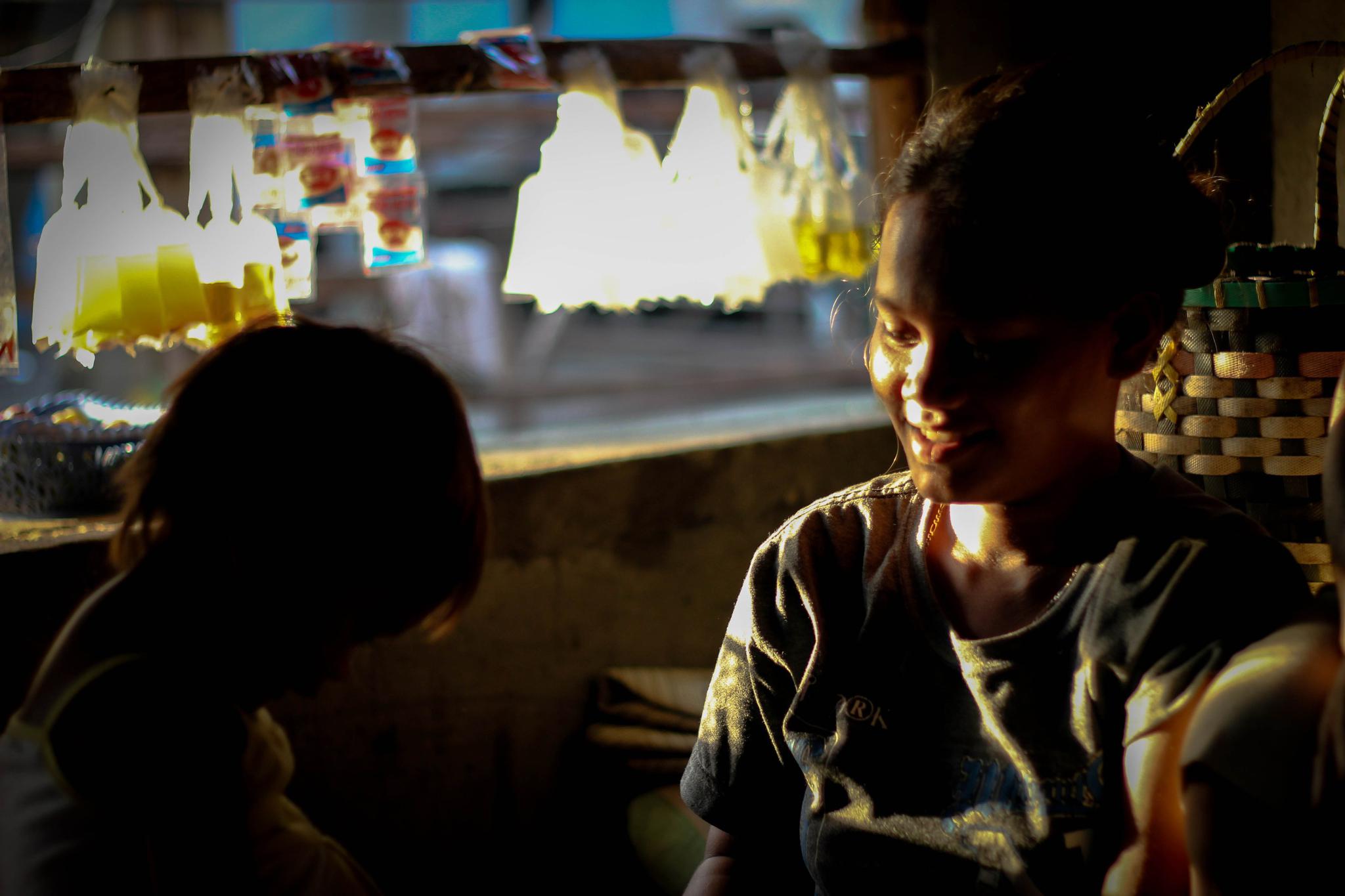
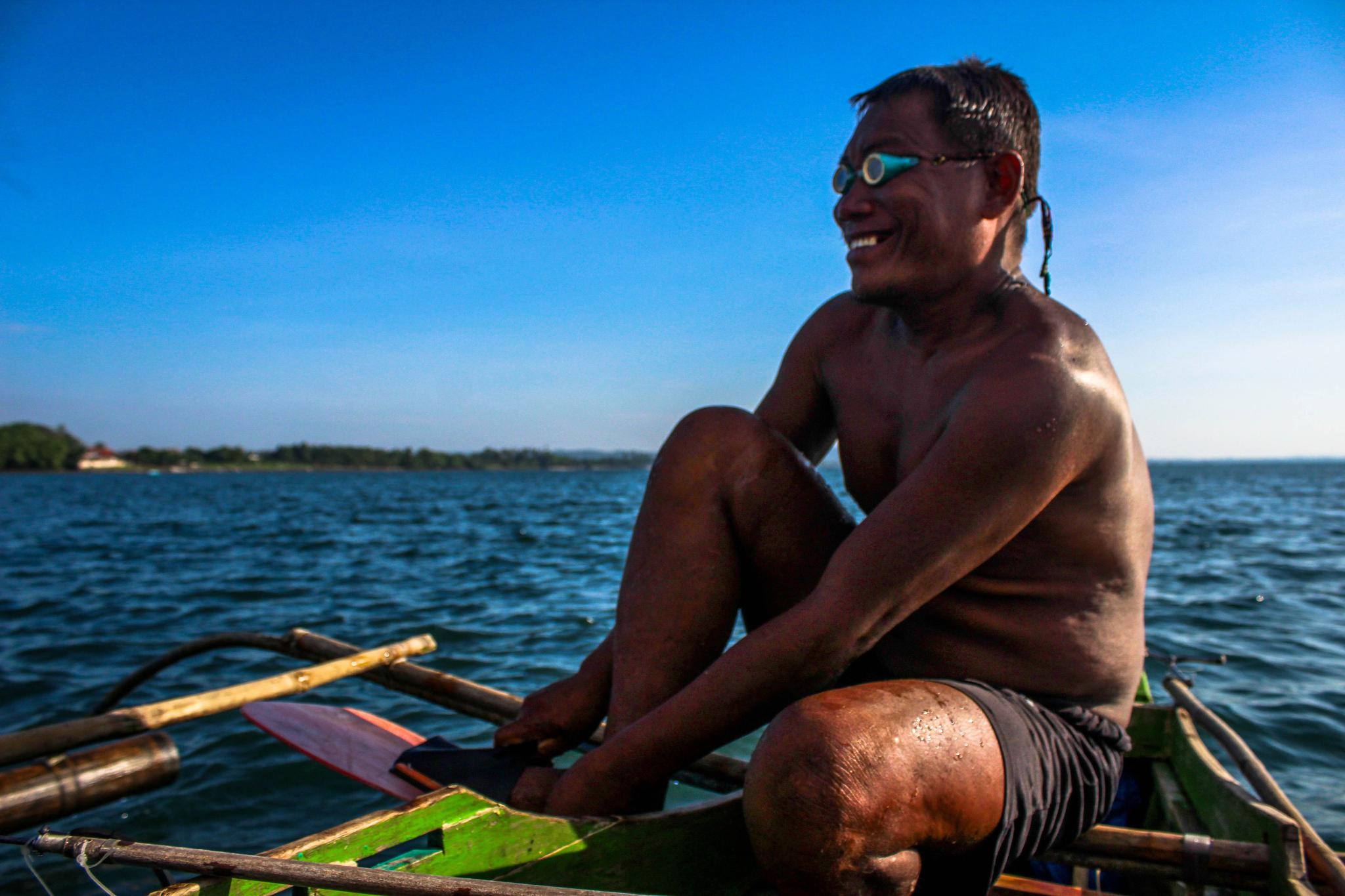
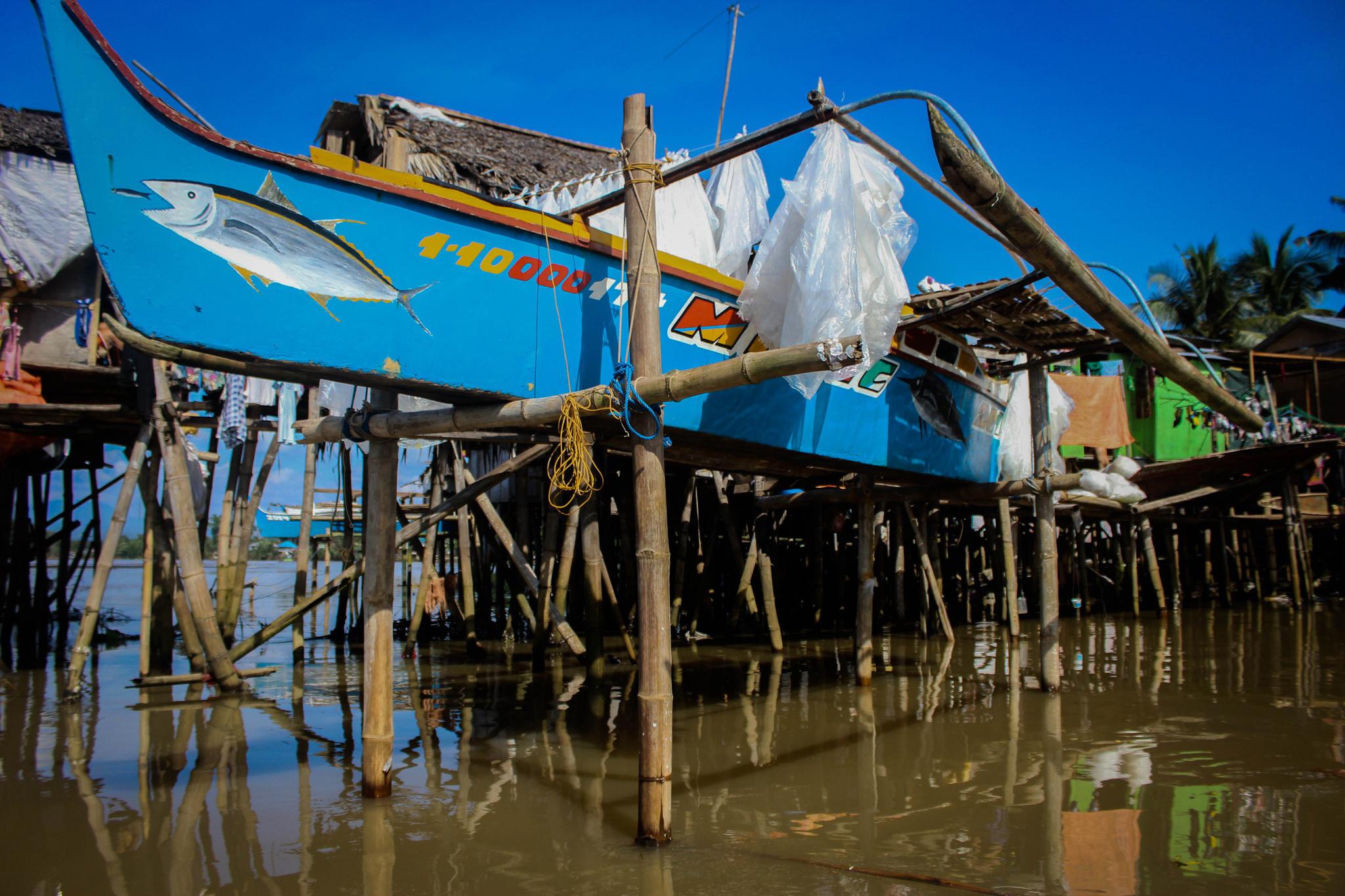
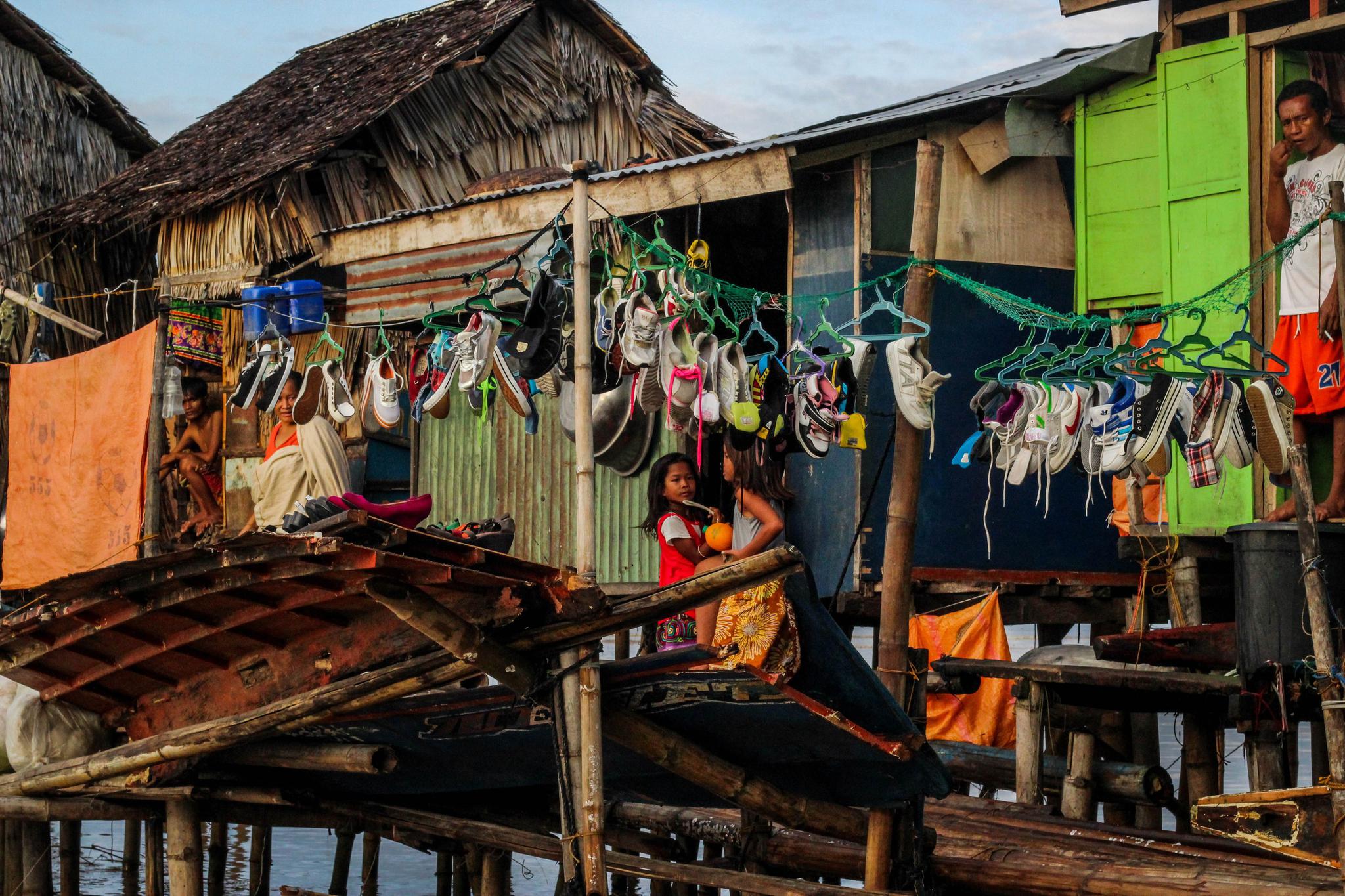
The photographs included in this collection were created as part of the requirements for a photography class at the University of the Philippines Mindanao, where we interviewed Badjaos, a traditionally nomadic and seafaring indigenous people from Mindanao.
Kuya Edjie Adjari, father of eight, is the leader of a community of Badjaos who currently reside in a plot of land in Seaside 2, Matina Aplaya, Davao City. Originally hailing from Isla Verde, Kuya Edjie met Pastor Felicisimo “Jun” Morales who gave them the piece of land with which over 50 Badjao families have lived to this day since the 1990s.
Before meeting Pastor Jun and settling in Matina Aplaya, Kuya Edjie recounted that he and his wife, Lolita used to live in a boat with a roof. Together with the same 50 families in their boats, they would ply the nearby waters and fish for food and when storms came and made the waters inhospitable, they would dock somewhere in Babak, Samal.
“Bibo kayo ‘to sauna kay tapok tanan (It was a very lively time because we were all together),” Kuya Edjie would say, with a twinkle of nostalgia in his eye.
Meeting Pastor Jun changed his life, Kuya Edjie said. Pastor Jun would go to them and bring clothes and some rice, among others. After helping them relocate, Pastor Jun lived amongst them for a while with his family and helped them build a community of their own.
During those times, they were primarily a fishing community. They would catch fish and sell them in the nearby beach resorts and marketplaces. Nowadays, most of the Badjaos are shoe peddlers and market vendors.
Kuya Edjie however, remains to be a fisherman and a good one at that. To increase their profits they have made use of the nets, but for leisure or personal consumption, Kuya Edjie keeps the traditional use of the “pana,”a spear contraption attached to a trigger that when fired, releases the spear which then pierces the fish.
Aside from being good swimmers, Badjaos like Kuya Edjie are also fine artisans as they make their own goggles, flippers, spears, nets, even their boats down to the propellers. Only the engines are not of their making.
While Kuya Edjie still keeps the fishing tradition of his tribe, he does not want his eight children to follow suit and has managed to send them to school. Currently, four of his children have graduated high school.
Apart from leaving their nomadic lifestyle behind, Kuya Edjie and his family also became Christians.
“Sauna, mumata, maligo, mukaon, mulakaw. Karon, nga naa ang Ginoo, naa na kay masaligan, naa nay mutan-aw sa imoha, di ka maunsa kay na naa Siya. Parehas sa amoa karon o, okay na (In the old days, all we did was to wake up, bathe, eat, and go about our business. Nowadays, we have the Lord whom we trust and who watches over us. You''ll be safe from harm because He is with you. Look at us now, we're doing well)."
During Sundays, the community holds its own Sunday services in their community. Kuya Edjie, who has received training from Pastor Jun, presides over the service.
The Badjaos have gone a long way from their nomadic days at sea.
That being said, the Badjaos in the city still face discrimination and continue to struggle with everyday life. Many barely have enough to provide for their families everyday because of the lack of opportunities. Some of them have even resorted to begging for alms in the streets.
Despite this, Kuya Edjie remains hopeful and content. For as long as his family remains intact, and as long as there is food on their table every day, he is happy. His smiling eyes remain brimming with hope for a better future for his family and for the rest of the Badjao community.
Post a comment